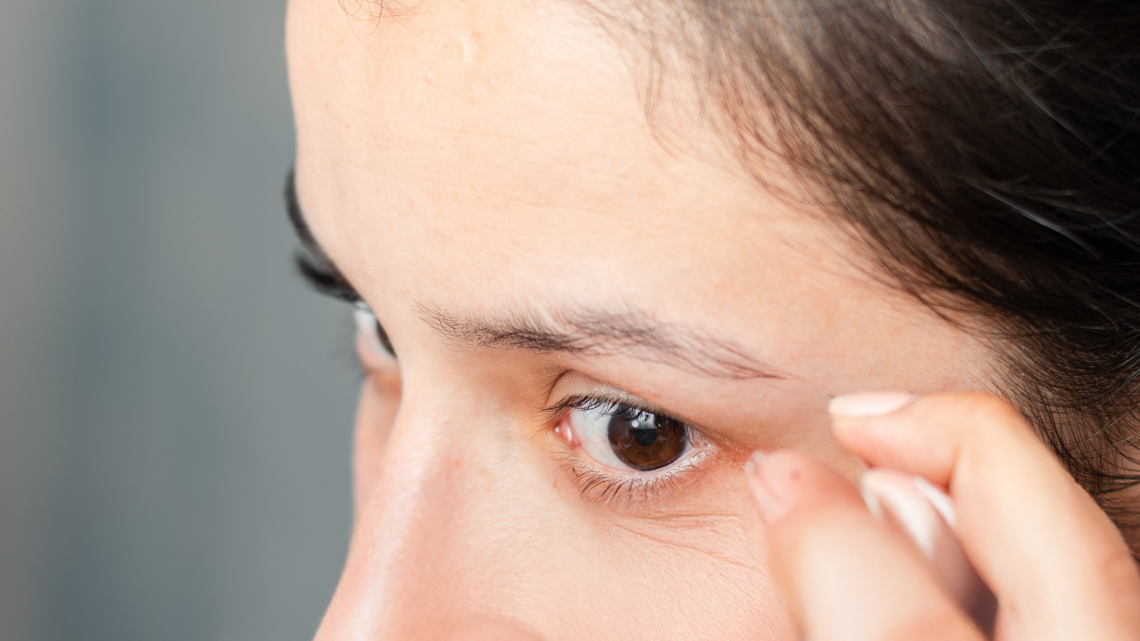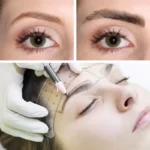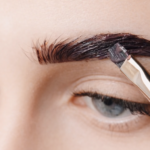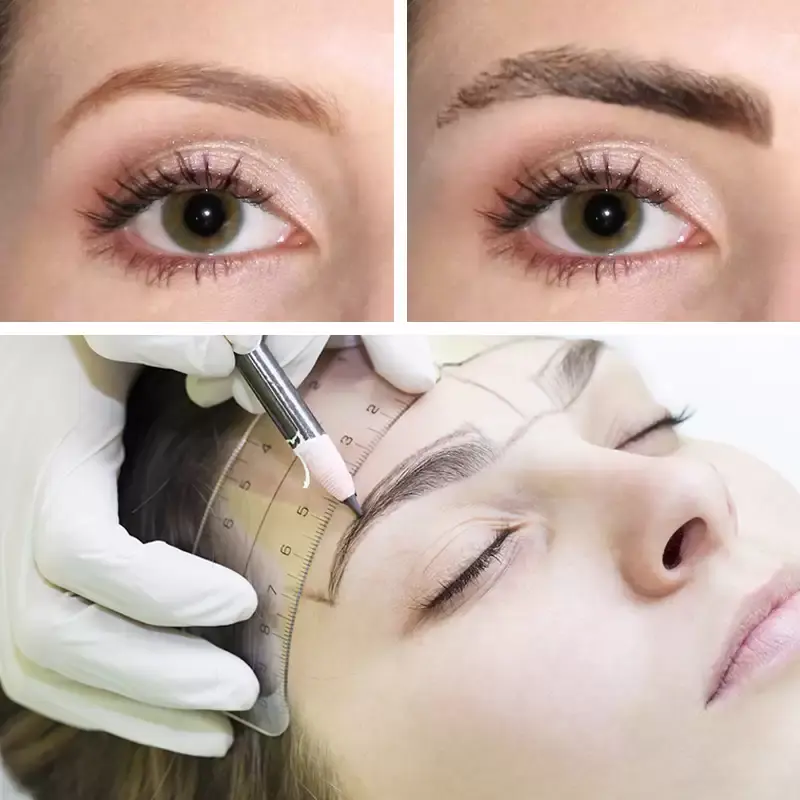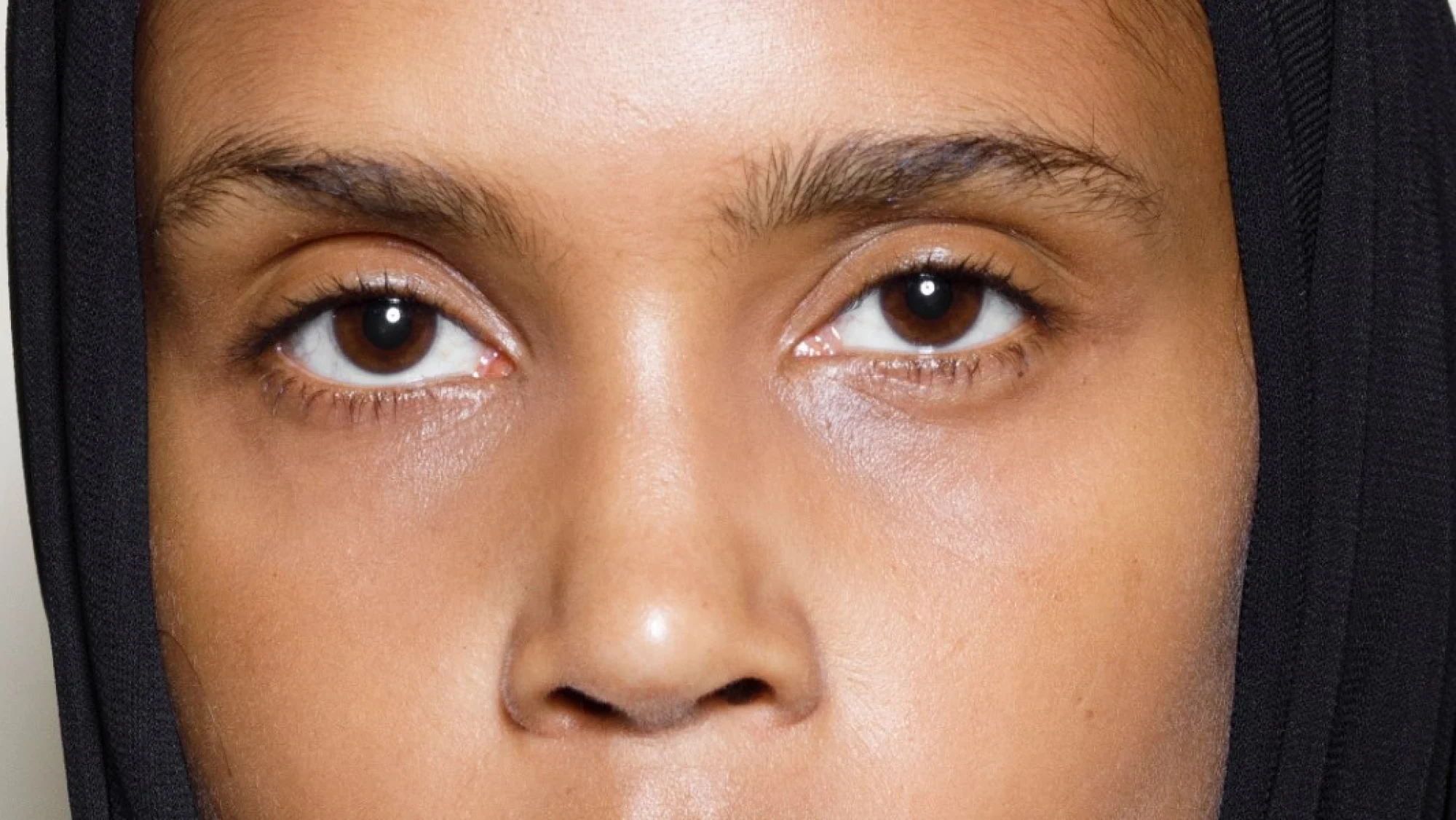Table of Contents
TogglePregnancy is a time of significant bodily changes, and many expectant mothers notice transformations in their hair health. While some experience luscious, fuller hair, others deal with hair fall due to fluctuating hormones. Marketers often promote products like Redensyl—a popular hair growth serum—for increasing hair density and improving hair regrowth. However, the question remains: Can pregnant women use Redensyl?
This article explores what Redensyl is, its benefits, potential risks, and whether it’s safe for use during pregnancy.
What Is Redensyl?
Redensyl is a relatively new ingredient used in many plant-based hair care products to combat hair loss and promote hair regrowth. It is formulated from a combination of plant extracts, including DHT blockers, and designed to target hair follicle stem cells. By activating the anagen (growth) phase of the hair cycle, Redensyl stimulates hair growth and improves hair density.
A common question is is Redensyl safe during pregnancy? At this time, no large clinical trials confirm its safety, so doctors usually recommend caution.
How Does Redensyl Work?
Redensyl works by focusing on three main areas to improve hair health:
- Hair Follicle Activation: It reactivates dormant hair follicles, promoting long-term hair growth.
- Improved Scalp Health: Redensyl reduces inflammation and improves conditions on the scalp, creating an environment conducive to hair regrowth.
- Strengthened Hair Strands: By nourishing the hair at the root, it strengthens the hair strands, reducing thin hair and breakage.
It is often compared to Minoxidil, another popular hair growth treatment. However, debates on Redensyl vs Minoxidil highlight that Redensyl is considered a more plant-based and non-hormonal alternative.

Benefits of Redensyl for Hair
Redensyl has gained popularity due to its numerous benefits:
- Stimulates Hair Growth: Redensyl is formulated with active ingredients that stimulate hair growth by targeting hair follicle stem cells, the key players in hair regeneration. This process encourages the growth of new hairs while also improving their thickness and overall hair density.
- Improves Hair Quality: Helps thicken thin hair by increasing the number of active hair follicles. Redensyl enhances hair quality by strengthening the hair shaft, boosting hair volume, and improving overall texture. The result is healthier, fuller, and more vibrant-looking hair.
- Reduces Hair Fall: Redensyl is effective in reducing hair loss. It does this by lowering DHT production. DHT is a hormone that causes hair loss in both men and women. By reducing DHT levels, Redensyl helps slow down hair shedding and supports the growth of stronger, healthier hair.
- Plant-Based Formula: Made with plant extracts, it’s considered gentler than chemical treatments.
- Suitable for Various Hair Types: Redensyl is suitable for all hair types and is designed for use by both men and women. It can be easily integrated into your existing hair care routine as it is compatible with a variety of other hair care products.
Redensyl Side Effects
Although Redensyl is generally considered safe, there are some potential side effects of Redensyl to keep in mind:
- Scalp Irritation: Some users may experience itching or redness on the scalp after application.
- Temporary Shedding: Like many hair growth products, initial use may lead to temporary hair shedding as dormant follicles are activated.
- Allergic Reactions: While rare, individuals sensitive to plant extracts may experience an allergic response.
Pregnant women, in particular, need to exercise caution, as their skin and scalp may be more sensitive during this time.
Unlike Minoxidil and Finasteride, Redensyl is a relatively new addition to the haircare market. While the side effects of Minoxidil and Finasteride are well-documented due to extensive research, Redensyl is often promoted as being free from significant side effects and safe for the skin. However, it’s still essential to consult an expert before starting any hair treatment to ensure it’s the right choice for your needs.
Can Pregnant Women Use Redensyl?
The safety of Redensyl during pregnancy is not well-documented. While it is a plant-based product and does not involve hormonal interference, expectant mothers should be cautious. Pregnancy alters the body’s hormonal balance, making the scalp more prone to scalp irritation and sensitivity. Furthermore, the lack of extensive research on Redensyl’s effects during pregnancy means it’s best to err on the side of caution.
Pregnancy Safe Hair Growth Serums
If you are losing hair during pregnancy, find a hair growth serum that is safe for pregnancy. Choose one with gentle, dermatologist-tested ingredients. Options like natural oils (e.g., coconut or argan oil) and serums fortified with biotin, Vitamin E, and folic acid can be safer alternatives.
Comparing Redensyl vs Minoxidil
When it comes to Redensyl and Minoxidil, each has its pros and cons:
- Redensyl: A non-hormonal option that relies on plant extracts to stimulate growth, making it gentler on the scalp. However, its safety during pregnancy is unclear.
- Minoxidil helps with hair growth and regrowth. However, it is not safe for pregnant or breastfeeding women because of its hormonal effects.
If you’re pregnant, it’s crucial to avoid products like Minoxidil and consult your doctor before using alternatives like Redensyl.
What Causes Hair Loss During Pregnancy?
Hormonal shifts influence hair changes during pregnancy. Some of the key causes include:
- Postpartum Hair Loss: After giving birth, many women experience a sudden shedding of hair as hormone levels normalize.
- Nutritional Deficiencies: Low levels of iron, zinc, or biotin can contribute to hair fall.
- Stress: The physical and emotional demands of pregnancy can act as a stressful event, triggering hair shedding.
Treatment Options for Hair Loss During Pregnancy
If you’re dealing with hair loss while pregnant, here are some safe treatment options:
- Scalp Massages: Improves blood circulation and promotes a healthier scalp.
- Nutrient-Rich Diet: Focus on foods rich in biotin, iron, and omega-3 fatty acids to support hair health.
- Natural Oils: Coconut oil, rosemary oil, and castor oils can nourish the scalp and strengthen the roots. Read up on our recent article on how oils can help you maintain and regain lost hair.
- Gentle Products: Choose mild, sulfate-free shampoos and conditioners to reduce scalp irritation.
Does Redensyl Improve Hair Density During Pregnancy?
While Redensyl is known for increasing hair density and promoting hair regrowth, its effects during pregnancy remain uncertain due to limited research. Using Redensyl while pregnant may not be the best option, especially if you are prone to scalp irritation or have sensitive skin.
Long-Term Hair Health After Pregnancy
Maintaining long-term hair health post-pregnancy is essential to combat hair fall and restore hair growth. Here’s how you can do it:
- Stay Hydrated: Proper hydration is essential for maintaining a healthy scalp and strong hair. Water helps transport nutrients to your hair follicles, ensuring they have the resources needed to support hair regrowth. Aim to drink at least 8–10 glasses of water a day to keep your scalp and body hydrated.
- Reduce Stress: High levels of stress can contribute to telogen effluvium, a type of temporary hair loss caused by emotional or physical stress. Managing stress through techniques like mindfulness, meditation, or yoga can help regulate your body and encourage healthy hair growth. Adequate sleep and self-care are also vital during this time.
- Balanced Nutrition:
-
- Zinc: Found in nuts, seeds, and seafood, zinc supports hair repair and growth.
- Biotin: Present in eggs, almonds, and avocados, biotin strengthens hair and improves texture.
- Vitamin D: Boosts the health of hair follicles and is commonly found in fatty fish, fortified foods, and sunlight exposure.
- Iron: Helps transport oxygen to hair follicles and is found in leafy greens, red meat, and legumes.
-
Consult a Specialist: If hair fall continues beyond six months or worsens, consult a dermatologist, trichologist, or hair transplant surgeon for professional advice. They can diagnose underlying causes and recommend treatments tailored to your specific needs, such as topical solutions, PRP therapy, or other advanced options.
By addressing these factors, you can restore balance to your hair’s growth cycle and maintain long-term hair health after pregnancy.
Is Redensyl Safe During Breastfeeding?
While some topical hair serums may seem harmless, there is not enough evidence to confirm if Redensyl is safe while nursing. If you’re breastfeeding, discuss alternatives with your physician before using a hair growth serum safe for pregnancy or postpartum care.
Final Thoughts: Can Pregnant Women Use Redensyl?
Redensyl is a good option for hair regrowth and increasing hair density. However, its safety during pregnancy has not been fully studied. Given the potential for scalp irritation and sensitivity, it’s best to consult a healthcare provider before using any hair growth serum during this time. Opting for natural, pregnancy-safe hair growth serums or adopting a nourishing hair care routine may be safer alternatives. Consider speaking with Dr. Kopelman. This father-son team has more than 35 years of experience in hair restoration.
For expectant mothers, prioritizing gentle, natural solutions can help maintain hair health without unnecessary risks. Always consult with your doctor to find the best approach for managing hair loss during pregnancy.
If you’re looking for options beyond over-the-counter serums and want expert guidance on safe treatments, Dr. Kopelman’s clinic can help you navigate choices, whether you’re pregnant, breastfeeding, or simply comparing hair growth serum concentrate reviews.
They focus on personalized treatments for every client. Dr. Kopelman’s expertise can help you find the right solution tailored to your unique needs. Schedule a consultation today to explore your options and take the first step towards achieving your hair goals.



